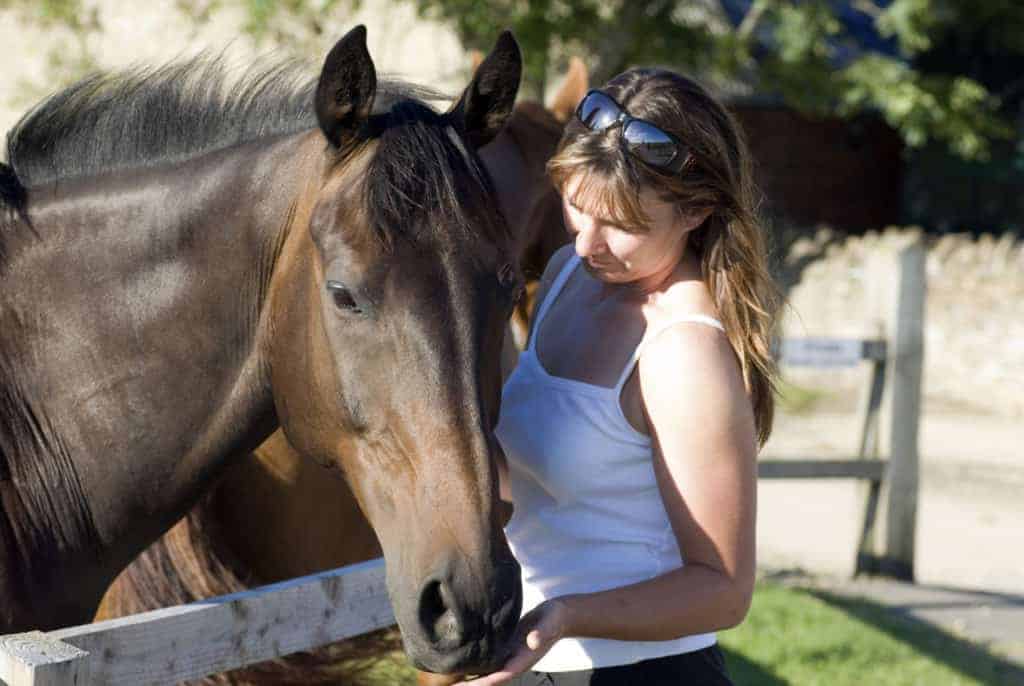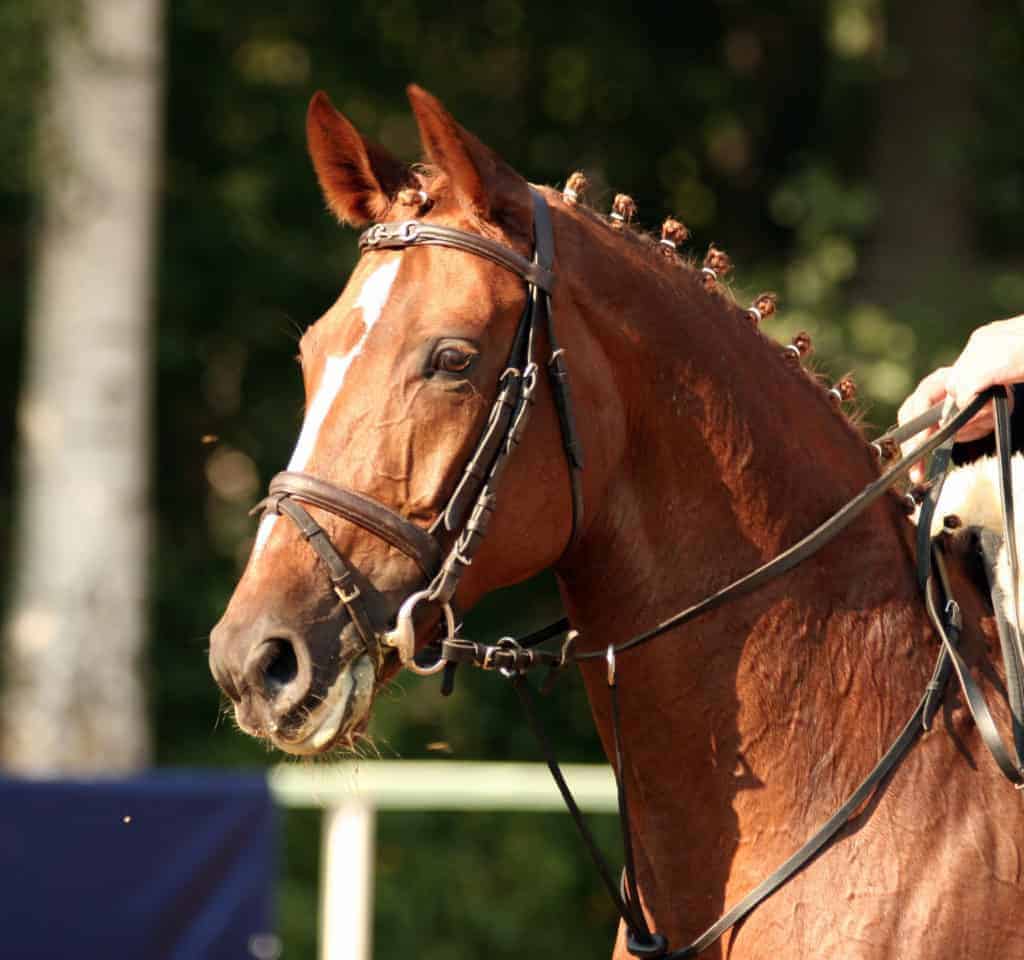
‘Learning Theory’ to Improve Veterinarian Safety
“Learning theory” research could help keep vets safer when working with difficult equine patients.

“Learning theory” research could help keep vets safer when working with difficult equine patients.
I have a very athletic 10-year-old, 17-hand Warmblood gelding who is very well-behaved. He doesn’t bite, doesn
I am extremely interested in becoming an equine behaviorist. I want to know more about how to go about pursuin
When my friend rides her Thoroughbred gelding in the arena, after doing several side passes over and over agai

During round pen training researchers got similar results from an inanimate object as from a human.

Research suggests a strong human attachment could lead to impairment of a horse’s problem-solving abilities.

A software program uses video gaming technology to evaluate horse and rider asymmetry.

Encouraging a horse to approach a scary object led to less stress when faced with the same situation later on.

Trainers were more consistent in scoring ridden horse behaviors than were equitation scientists in one study.

Researchers believe the best predictor of a horse’s motivation is someone who knows the animal well.

The largest factor affecting a horse’s rideability score was his rider’s maximum and average rein tension.

Researchers found that depressed horses behave in a similar manner to depressed humans.
I have a horse that is on stall rest while recovering from a fractured humeru
What can I do to keep my horse’s spirits up while he’s on stall rest? Rather than becoming agitated, he seems

Researchers found that performing for an audience did not affect horses’ stress levels compared to training.
The conference was attended by more than 250 delegates from around the world.
Stay on top of the most recent Horse Health news with
"*" indicates required fields